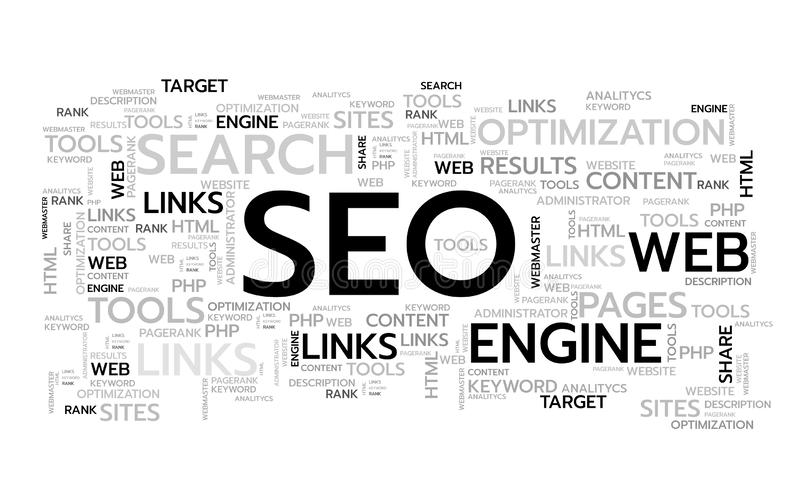In the United Arab Emirates (UAE), industries across a range of sectors—from pharmaceuticals to oil and gas—demand the highest standards of quality and safety. One critical aspect of maintaining these standards is the integrity of filtration systems. A filter integrity test is essential to ensure that filters perform effectively, preventing contamination and safeguarding both the environment and public health. This blog explores the importance of filter integrity tests in UAE, their applications across various industries in the UAE, and the methods used to perform these tests.
What Is a Filter Integrity Test?
A filter integrity test is a process used to verify the performance of a filtration system. Filters, typically made of materials like polypropylene or ceramic, are designed to remove impurities from liquids or gases. However, over time, filters can degrade, develop leaks, or become ineffective, which can lead to contamination and system failure. The integrity test confirms whether a filter is functioning as intended by identifying any faults, defects, or bypassing in the filtration system.
These tests are particularly crucial in industries that rely on ultra-pure environments or need to meet strict regulatory standards. For instance, pharmaceutical manufacturing, food and beverage processing, water treatment, and even the oil and gas industry in the UAE require high-performing filters to ensure the safety and quality of their products.
Why Is Filter Integrity Testing Important in the UAE?
The UAE, with its rapid industrial growth and a high level of infrastructure development, has become a hub for various critical industries. From the oil-rich deserts to bustling urban centres, industries such as pharmaceuticals, healthcare, manufacturing, food processing, and desalination are booming. All of these industries depend on filtration systems to ensure clean, safe, and high-quality products.
In such industries, the importance of maintaining filter integrity cannot be overstated. The consequences of a failed filter can be severe, including:
Contamination Risk
A filter failure in the pharmaceutical or food industry could lead to harmful contaminants in products, causing potential health hazards and regulatory non-compliance.
Production Downtime
A faulty filtration system can result in unplanned downtime, halting production lines and leading to significant financial losses.
Regulatory Violations
The UAE has stringent regulations for industries like pharmaceuticals and food processing, where filter integrity is a key compliance factor. A breach could lead to costly fines or even the closure of operations.
Environmental Damage
In sectors like oil and gas, compromised filters can lead to spills or leaks, resulting in environmental harm and damaging the reputation of companies.
Thus, maintaining filter integrity through regular testing is vital to prevent these issues and maintain optimal operational standards.
Applications of Filter Integrity Testing in UAE Industries
Pharmaceutical Industry
In the pharmaceutical industry, the quality and purity of drugs are of the utmost importance. Filters are used at various stages of pharmaceutical manufacturing, such as in the production of sterile injectables, vaccines, and biologics. These filters are responsible for removing contaminants such as bacteria, fungi, or endotoxins from the final product.
Filter integrity testing in pharmaceutical applications ensures that filters are capable of performing their function effectively. A failure to detect defects in filters can lead to contamination, affecting the safety of medicines and potentially causing harm to patients.
Food and Beverage Industry
In the food and beverage industry, filters are used to remove particles, bacteria, and other harmful microorganisms from liquids like water, juice, and milk. The UAE has a large food and beverage sector, which caters to both the domestic market and international exports. Ensuring that filters in food processing plants are functioning correctly is critical for maintaining hygiene standards and ensuring consumer safety.
By conducting regular integrity tests, businesses can ensure that they meet regulatory requirements and avoid product recalls or foodborne illnesses.
Oil and Gas Industry
In the oil and gas sector, filters are used in various processes, including water treatment, pipeline operations, and the removal of contaminants from crude oil and natural gas. UAE-based oil companies, such as ADNOC, rely heavily on filtration systems to protect equipment, optimize production, and prevent contamination in refined products.
In this high-stakes environment, a filter failure can lead to equipment malfunction, environmental damage, or even catastrophic accidents. Regular integrity testing helps ensure that filters remain reliable and effective under harsh conditions.
Water Treatment and Desalination
Water scarcity is a significant concern in the UAE, where desalination plants are essential for providing potable water. Filters are used extensively in these plants to remove salt, bacteria, and other impurities from seawater. The UAE is home to some of the world’s largest desalination facilities, and filter integrity tests are vital for maintaining the effectiveness of these systems.
Regular testing ensures that filters are working at peak efficiency, ensuring that the treated water meets the required health and safety standards.
Methods of Filter Integrity Testing
Several methods are used to conduct filter integrity testing, and the choice of method depends on the type of filter and the industry application. The most commonly used testing methods include:
Bubble Point Test
The bubble point test is one of the most popular integrity testing methods, particularly for membrane filters. It involves pressurizing the filter with a gas (usually air) and observing the point at which bubbles appear. This indicates the pressure at which the filter pores are no longer able to retain the liquid.
The test is quick and easy to perform, making it suitable for many industries, including pharmaceuticals and food processing.
Diffusion Test
The diffusion test is a more sensitive and precise method, used primarily for filters that remove submicron particles. The test involves measuring the amount of gas that diffuses through a filter under a specific pressure. If the filter is intact, minimal diffusion will occur. If the filter has a defect or a bypass, the diffusion rate will be higher.
Pressure Decay Test
The pressure decay test involves pressurizing the filter with air or water and monitoring the pressure over time. A drop in pressure indicates a defect in the filter. This test is ideal for large-scale filters used in industries like oil and gas or water treatment.
Conclusion
In the UAE, industries that rely on filtration systems must ensure that their filters are functioning optimally to maintain product quality, safety, and environmental protection. Filter integrity testing provides a critical check on the performance of these systems, reducing risks, preventing costly failures, and ensuring compliance with stringent regulatory standards.
As industries in the UAE continue to grow and diversify, the demand for reliable filtration systems will only increase. Regular filter integrity testing will be essential for maintaining clean, safe, and high-quality production processes in industries ranging from pharmaceuticals and food processing to oil and gas and water treatment.



